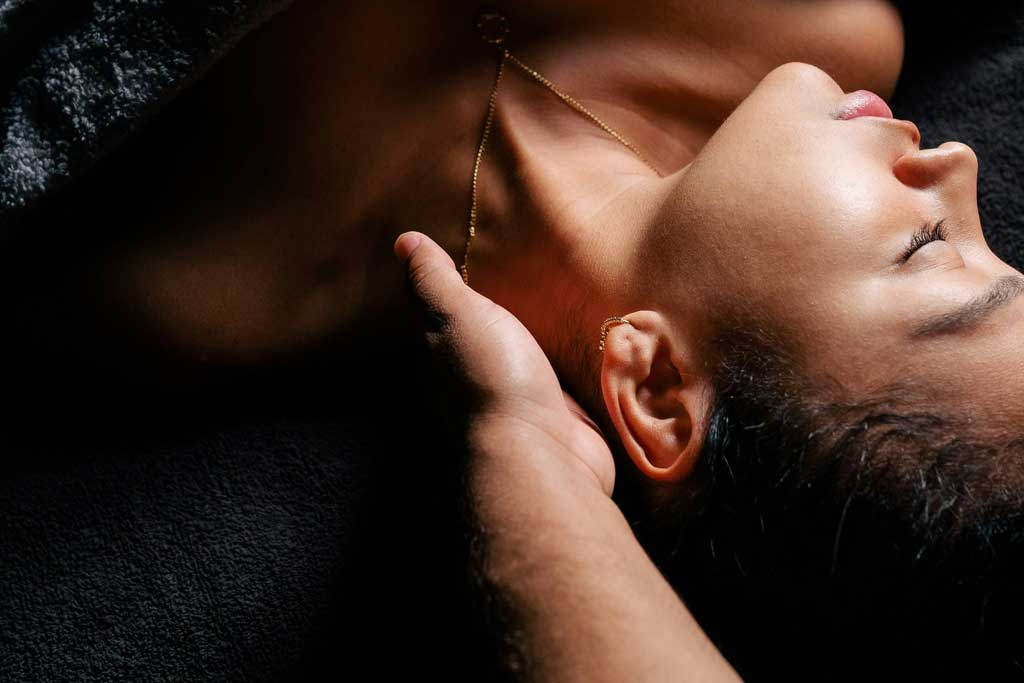Massage therapy is a holistic healing approach that involves the manipulation of soft tissues in the body to promote health and well-being. This ancient practice encompasses a variety of techniques, including kneading, stroking, tapping, and applying pressure to different areas of the body. Massage therapists typically use their hands, fingers, elbows, and sometimes even specialized tools to deliver these techniques.
One of the primary benefits of massage therapy is its ability to reduce muscle tension and promote relaxation. Through targeted manipulation of the muscles and surrounding tissues, massage therapy helps to release built-up tension, alleviate stiffness, and promote a sense of overall relaxation. This can be particularly beneficial for individuals who experience chronic muscle pain or stiffness due to factors such as poor posture, overuse, or injury.
Massage therapy can also improve circulation throughout the body. By applying pressure to the muscles and tissues, massage stimulates blood flow, which helps to deliver oxygen and nutrients to cells more efficiently. Improved circulation can also aid in the removal of metabolic waste products from the body, promoting detoxification and overall health.


Another key benefit of massage therapy is its ability to reduce stress and anxiety. The relaxation response triggered by massage therapy helps to lower levels of the stress hormone cortisol in the body, while also increasing the production of neurotransmitters such as serotonin and dopamine, which are associated with feelings of well-being and relaxation. Regular massage therapy sessions can therefore help to promote mental and emotional balance, as well as improve mood and reduce symptoms of anxiety and depression.
Promoting Health and Well-Being through Holistic Healing
Massage therapy can also be beneficial for relieving pain and discomfort associated with various conditions. Whether it’s chronic back pain, headaches, or conditions like fibromyalgia or arthritis, massage therapy can provide relief by reducing muscle tension, improving circulation, and promoting the release of endorphins, the body’s natural painkillers. Additionally, massage therapy can help to improve range of motion and flexibility, making it an effective complementary treatment for musculoskeletal issues.
Beyond its physical benefits, massage therapy also has positive effects on mental and emotional well-being. The therapeutic touch of massage can help to promote a sense of connection and trust between the therapist and the recipient, providing emotional support and comfort. Many people find that massage therapy helps them to feel more grounded, centered, and in tune with their bodies, which can contribute to a greater sense of overall well-being.

Massage therapy can also have specific benefits for certain populations, such as pregnant women, athletes, and individuals undergoing rehabilitation from injury or surgery. For pregnant women, prenatal massage can help to alleviate discomfort associated with pregnancy, such as back pain and swelling, while also promoting relaxation and stress relief. Athletes may benefit from sports massage to improve performance, prevent injury, and aid in recovery from strenuous workouts. And for individuals recovering from injury or surgery, massage therapy can help to reduce pain, improve range of motion, and enhance the healing process.
In summary, massage therapy offers a wide range of physical, mental, and emotional benefits, making it a valuable tool for promoting health and well-being. Whether you’re seeking relief from muscle tension and pain, looking to reduce stress and anxiety, or simply wanting to relax and unwind, massage therapy can provide a safe, effective, and enjoyable way to support your overall health and quality of life.



